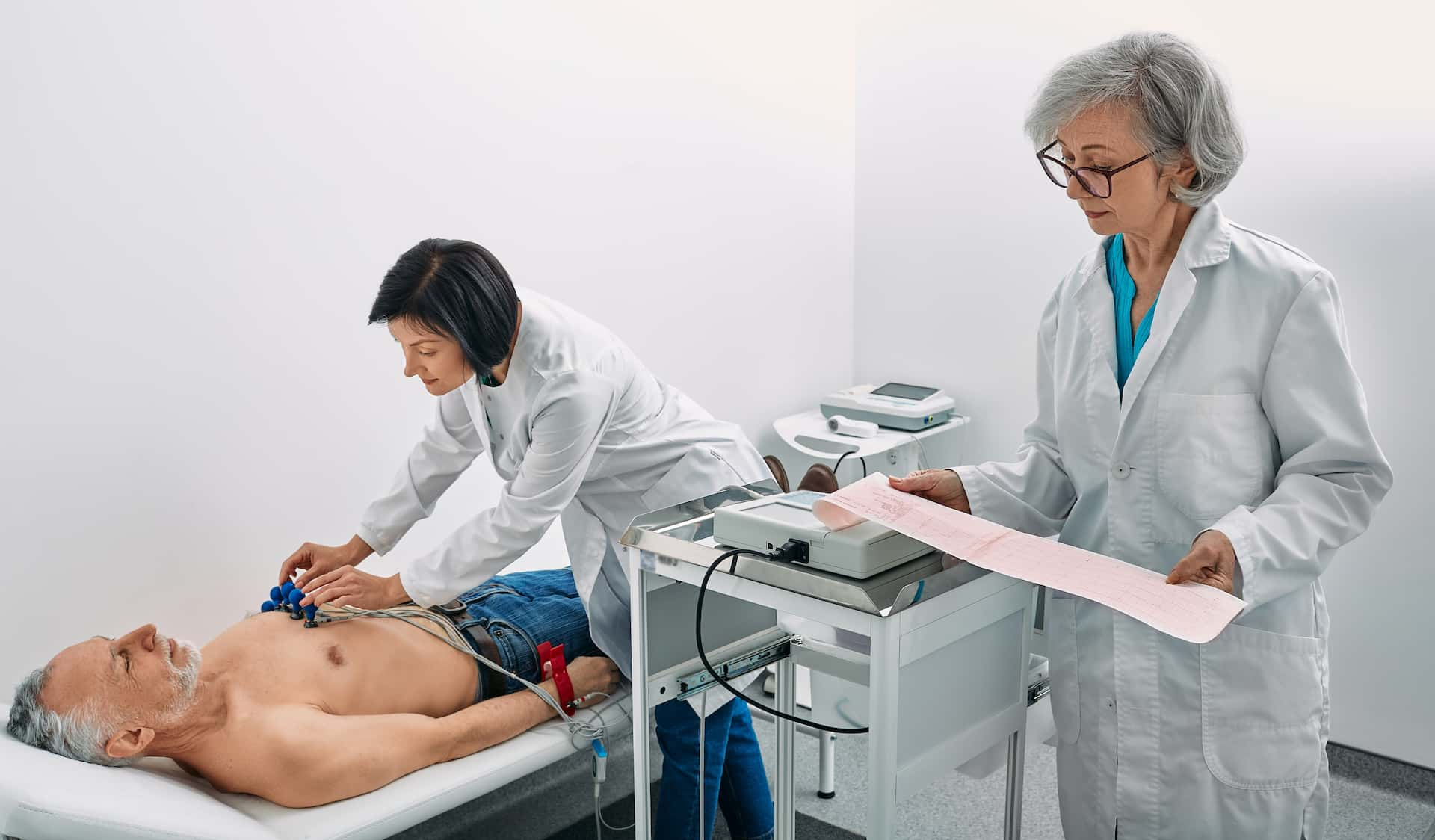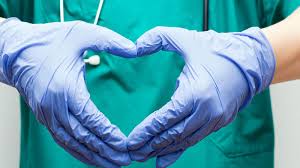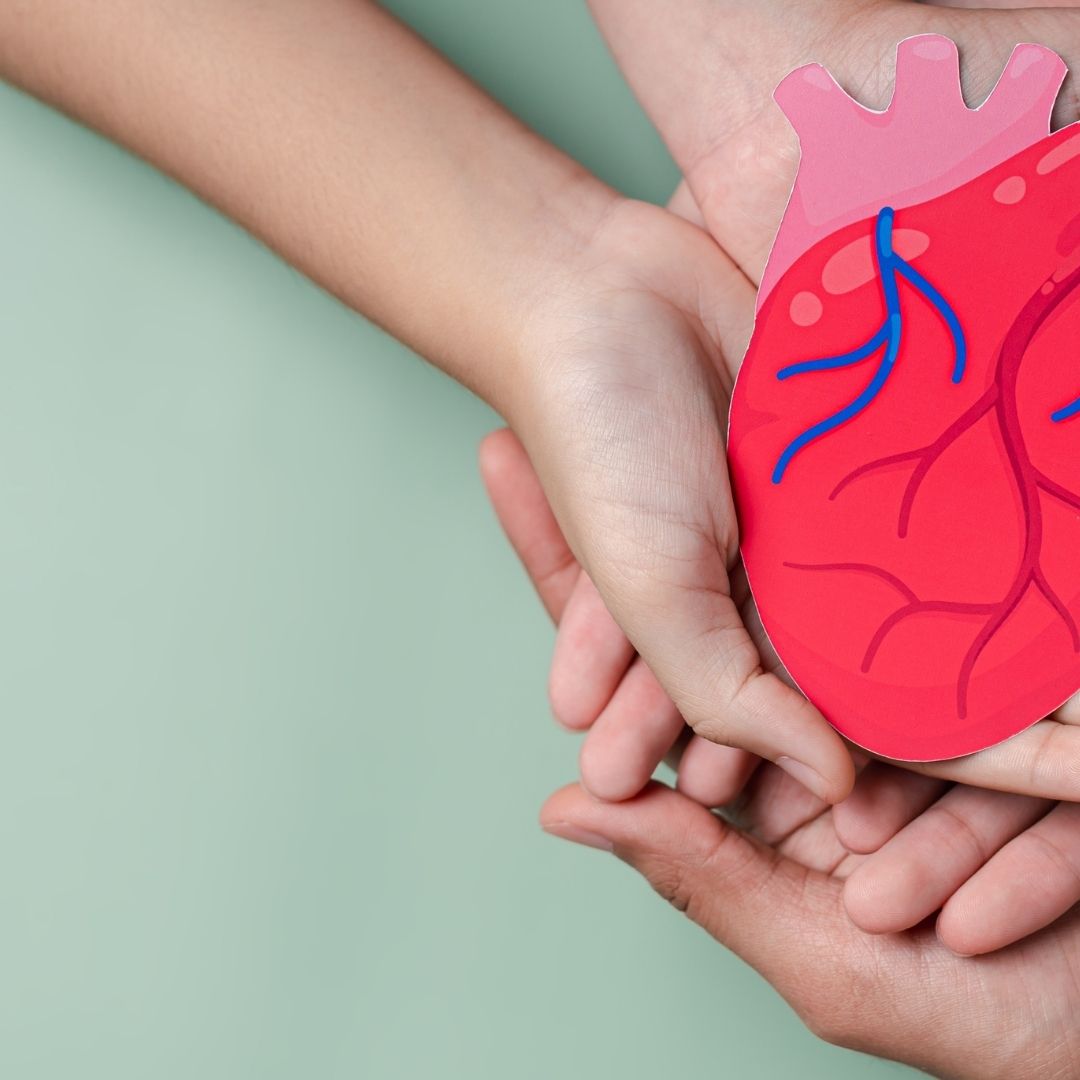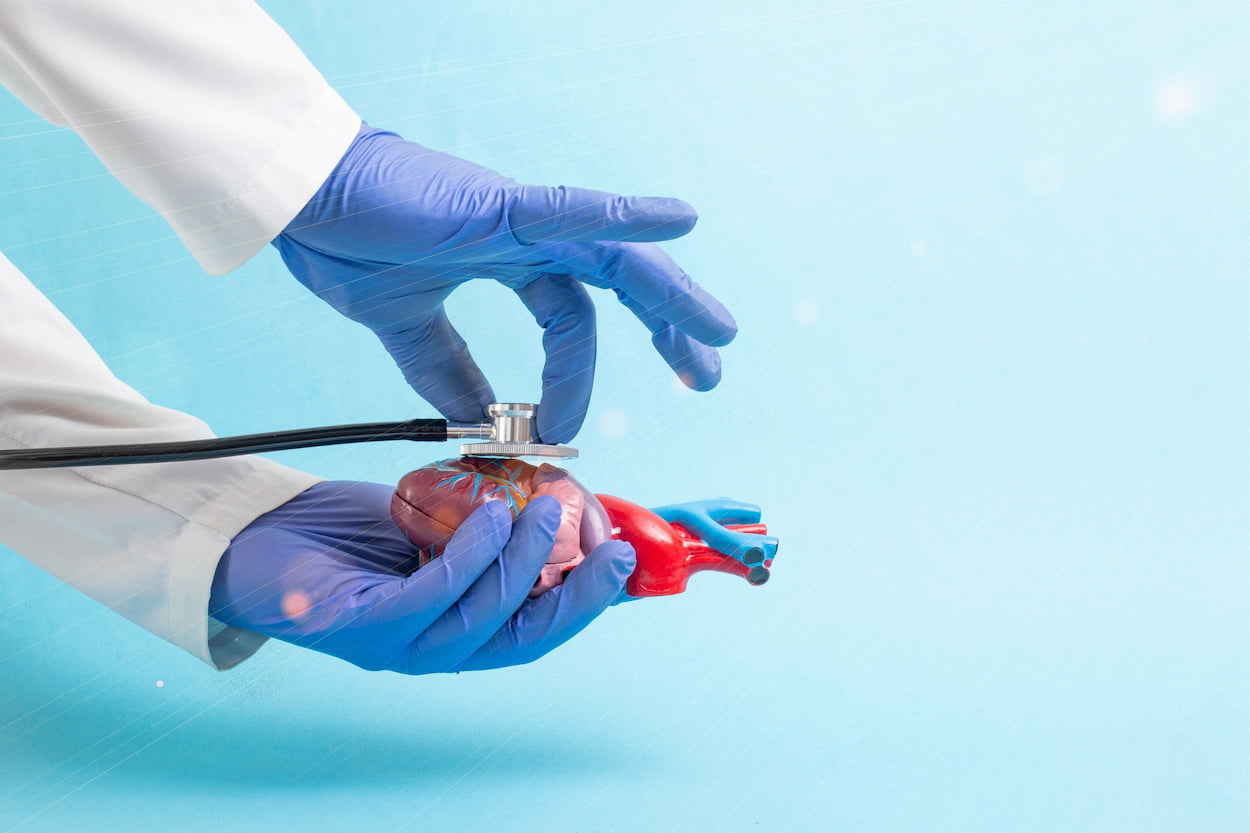
Road to Recovery: Life After Heart Bypass Surgery
Heart bypass surgery, also known as coronary artery bypass grafting (CABG), is a major surgical procedure used to treat blocked or narrowed arteries in the heart. The procedure involves taking a healthy blood vessel from another part of the body and using it to create a bypass around the blocked artery, allowing blood to flow more freely to the heart muscle.
While heart bypass surgery is a significant procedure that requires a period of hospitalization and rehabilitation, it is often very effective in improving heart function and reducing the risk of future heart problems. However, the road to recovery after heart bypass surgery can be long and challenging. Here are some tips for navigating the journey back to health after heart bypass surgery:
Follow Your Doctor's Instructions
Your doctor will give you specific instructions to follow after your heart bypass surgery. It's important to follow these instructions carefully, including taking any medications as prescribed and attending any follow-up appointments. Your doctor may also recommend lifestyle changes, such as quitting smoking or making dietary modifications, to help you recover and reduce your risk of future heart problems.
Take Time to Rest and Recover
Heart bypass surgery is a major procedure that can take a toll on your body. It's important to take time to rest and recover in the days and weeks following your surgery. Your doctor will likely recommend that you avoid strenuous activity, lifting heavy objects, or driving for several weeks after your surgery. Make sure to get plenty of rest and listen to your body to avoid pushing yourself too hard.
Gradually Increase Physical Activity
While rest is important during the early stages of heart bypass recovery, it's also important to gradually increase your physical activity as you begin to heal. Your doctor may recommend cardiac rehabilitation, which involves supervised exercise and education to help you regain your strength and stamina after your surgery. Follow your doctor's instructions and take things slow to avoid overexerting yourself.
Monitor Your Health
After heart bypass surgery, it's important to keep an eye on your health and report any changes or concerns to your doctor. This may include monitoring your blood pressure, heart rate, and cholesterol levels, as well as watching for any signs of infection or other complications. Make sure to attend all scheduled follow-up appointments and speak up if you have any questions or concerns.
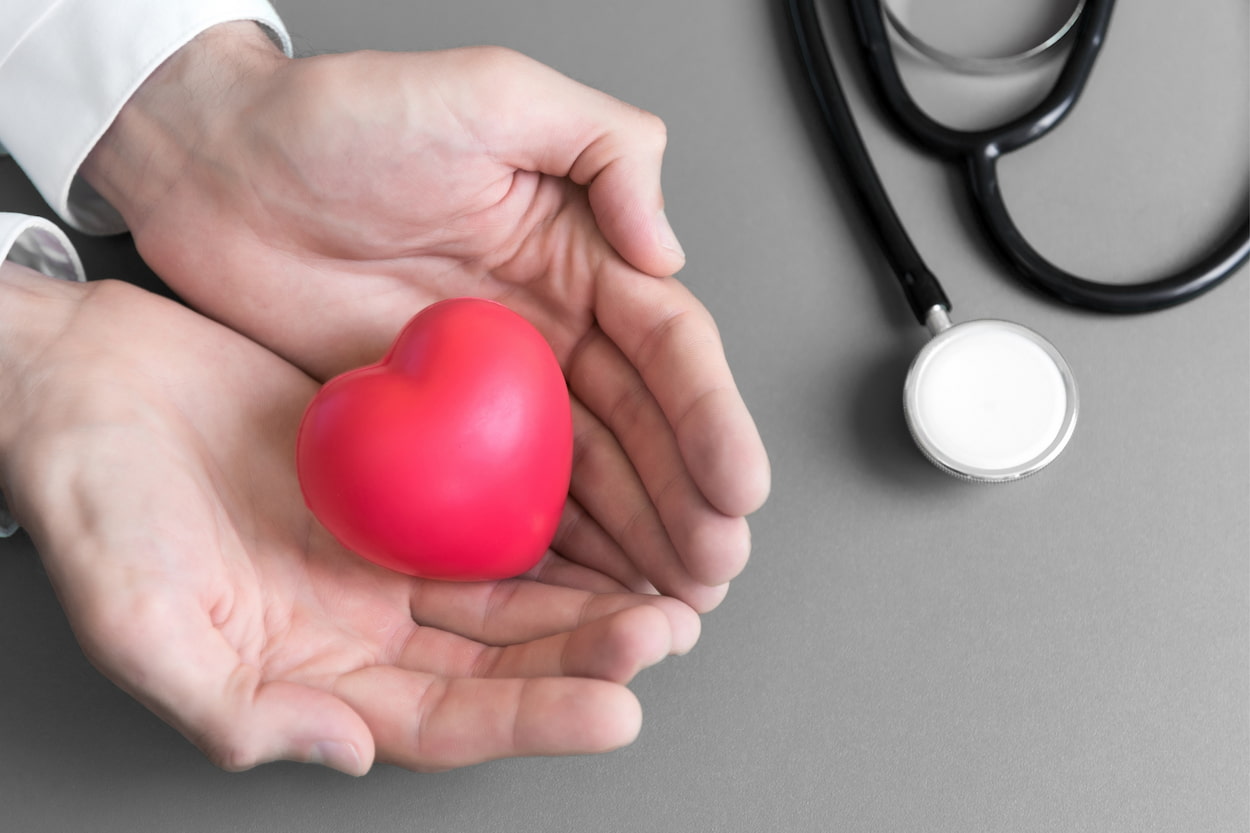
Seek Emotional Support
Recovering from heart bypass surgery can be emotionally challenging, as well as physically demanding. It's important to seek emotional support from family, friends, or a mental health professional if you're feeling anxious, depressed, or overwhelmed. You may also find it helpful to connect with other heart bypass patients or support groups to share experiences and advice.
Practice Stress Reduction Techniques
Stress can negatively impact your heart health, so it's important to practice stress reduction techniques during your heart bypass recovery. Techniques such as deep breathing, meditation, yoga, and massage can help reduce stress and promote relaxation. You may also find it helpful to engage in activities that you enjoy, such as reading, listening to music, or spending time outdoors.
Maintain a Healthy Diet
A healthy diet is essential for heart health and can help promote healing and recovery after heart bypass surgery. Your doctor may recommend a diet that is low in saturated fat, cholesterol, and sodium, and high in fruits, vegetables, whole grains, lean proteins, and healthy fats. It's important to follow your doctor's dietary recommendations and make any necessary changes to your eating habits.
Quit Smoking
Smoking is a major risk factor for heart disease and can impede the healing process after heart bypass surgery. If you smoke, it's important to quit as soon as possible. Your doctor can provide resources and support to help you quit smoking, such as nicotine replacement therapy or prescription medications.
Stay Connected with Loved Ones
Recovering from heart bypass surgery can be isolating, especially if you're unable to participate in your usual activities. Staying connected with loved ones can help reduce feelings of isolation and promote emotional well-being. Make an effort to stay in touch with family and friends, whether it's through phone calls, video chats, or in-person visits.
Celebrate Your Progress
Recovering from heart bypass surgery is a long journey, and it's important to celebrate your progress along the way. Take note of the small victories, such as being able to walk a little further or feeling more energy throughout the day. Celebrating your progress can help motivate you to continue working towards your goals and promote a positive outlook on your recovery journey.
Healthy Turkiye Notes
In conclusion, the road to recovery after heart bypass surgery can be challenging, but with the right strategies and support, it is possible to successfully navigate this journey. By following your doctor's instructions, taking time to rest and recover, gradually increasing physical activity, monitoring your health, seeking emotional support, practicing stress reduction techniques, maintaining a healthy diet, quitting smoking, staying connected with loved ones, and celebrating your progress, you can improve your heart health and quality of life. Remember that heart bypass recovery is a marathon, not a sprint, so be patient with yourself and take things one day at a time. With dedication and perseverance, you can overcome the challenges of heart bypass recovery and enjoy a healthier, happier life.
It's important to remember that heart bypass surgery is not a cure for heart disease, and you'll need to continue to take steps to maintain your heart health over the long term. This may include making lifestyle changes such as regular exercise, healthy eating, stress reduction, and quitting smoking, as well as monitoring your heart health and attending regular follow-up appointments with your doctor. By taking a proactive approach to your heart health, you can reduce your risk of future heart problems and enjoy a better quality of life. Remember, you are not alone on this journey. Reach out to your healthcare team, loved ones, and support groups for guidance and encouragement along the way. Together, you can overcome the challenges of heart bypass recovery and achieve optimal heart health.

